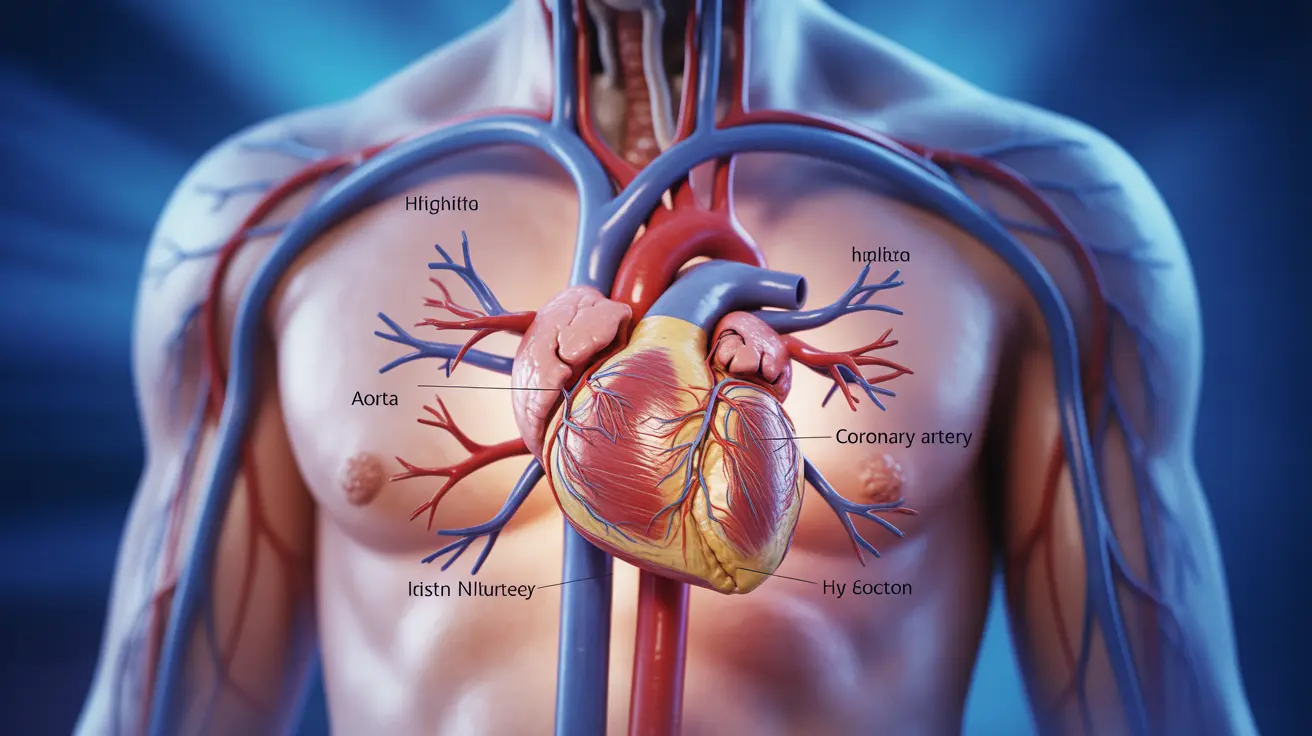Hypertension, commonly known as high blood pressure, has earned the ominous nickname "the silent killer" for a crucial reason: it typically develops without noticeable symptoms while potentially causing severe damage to your body. This dangerous condition affects millions of Americans, yet many remain unaware they have it until serious complications arise.
Understanding why hypertension is called the silent killer and recognizing its risks is essential for protecting your health. This comprehensive guide will explore the hidden dangers of high blood pressure and provide vital information about detection, prevention, and management.
The Deceptive Nature of Hypertension
High blood pressure earned its reputation as a silent killer because it rarely presents obvious warning signs. Most people with hypertension feel perfectly normal, even as their blood pressure readings climb to dangerous levels. This absence of symptoms makes it particularly treacherous, as internal damage can occur for years before being discovered.
Hidden Dangers and Complications
Cardiovascular Impact
Untreated hypertension can severely damage your cardiovascular system. The constant pressure against blood vessel walls can lead to:
- Heart disease and heart attacks
- Stroke
- Weakened and narrowed blood vessels
- Aneurysms
Organ Damage
The effects of high blood pressure extend beyond the cardiovascular system, potentially causing:
- Kidney damage or failure
- Vision problems or loss
- Cognitive decline and dementia
- Sexual dysfunction
Detection and Monitoring
Regular blood pressure screening is crucial since hypertension typically doesn't cause symptoms. Healthcare providers recommend:
- Annual checkups for adults 18 and older
- More frequent monitoring for those with risk factors
- Home blood pressure monitoring when advised by healthcare providers
- Regular checks at local pharmacies or health clinics
Prevention and Management Strategies
Lifestyle Modifications
Several lifestyle changes can help prevent or control hypertension:
- Maintaining a healthy weight
- Following a balanced, low-sodium diet
- Regular physical activity
- Limiting alcohol consumption
- Stress management techniques
- Adequate sleep
Medical Management
Sometimes lifestyle changes alone aren't enough. Your healthcare provider might recommend:
- Regular blood pressure monitoring
- Medication when necessary
- Ongoing medical supervision
- Regular health screenings
Frequently Asked Questions
Why is hypertension called the silent killer if it has no symptoms?
Hypertension is called the silent killer because it typically causes no noticeable symptoms while quietly damaging vital organs and blood vessels. This lack of warning signs means many people don't realize they have high blood pressure until significant damage has already occurred.
What serious health problems can result from untreated high blood pressure?
Untreated hypertension can lead to severe complications including heart attacks, strokes, kidney failure, vision loss, cognitive decline, and aneurysms. The continuous strain on blood vessels and organs can cause irreversible damage if left unchecked.
How can I know if I have high blood pressure if it doesn't cause symptoms?
The only reliable way to detect hypertension is through regular blood pressure measurements. This can be done during routine medical check-ups, at pharmacy blood pressure stations, or with home monitoring devices as recommended by your healthcare provider.
What lifestyle changes can help prevent or control hypertension?
Key lifestyle modifications include maintaining a healthy weight, following a balanced diet low in sodium, regular exercise, limiting alcohol intake, managing stress, and getting adequate sleep. These changes can significantly impact blood pressure levels and overall cardiovascular health.
What are the risks of not treating hypertension early?
Delaying hypertension treatment increases the risk of serious complications including heart disease, stroke, kidney damage, vision problems, and cognitive decline. Early detection and management are crucial for preventing these potentially life-threatening conditions.




